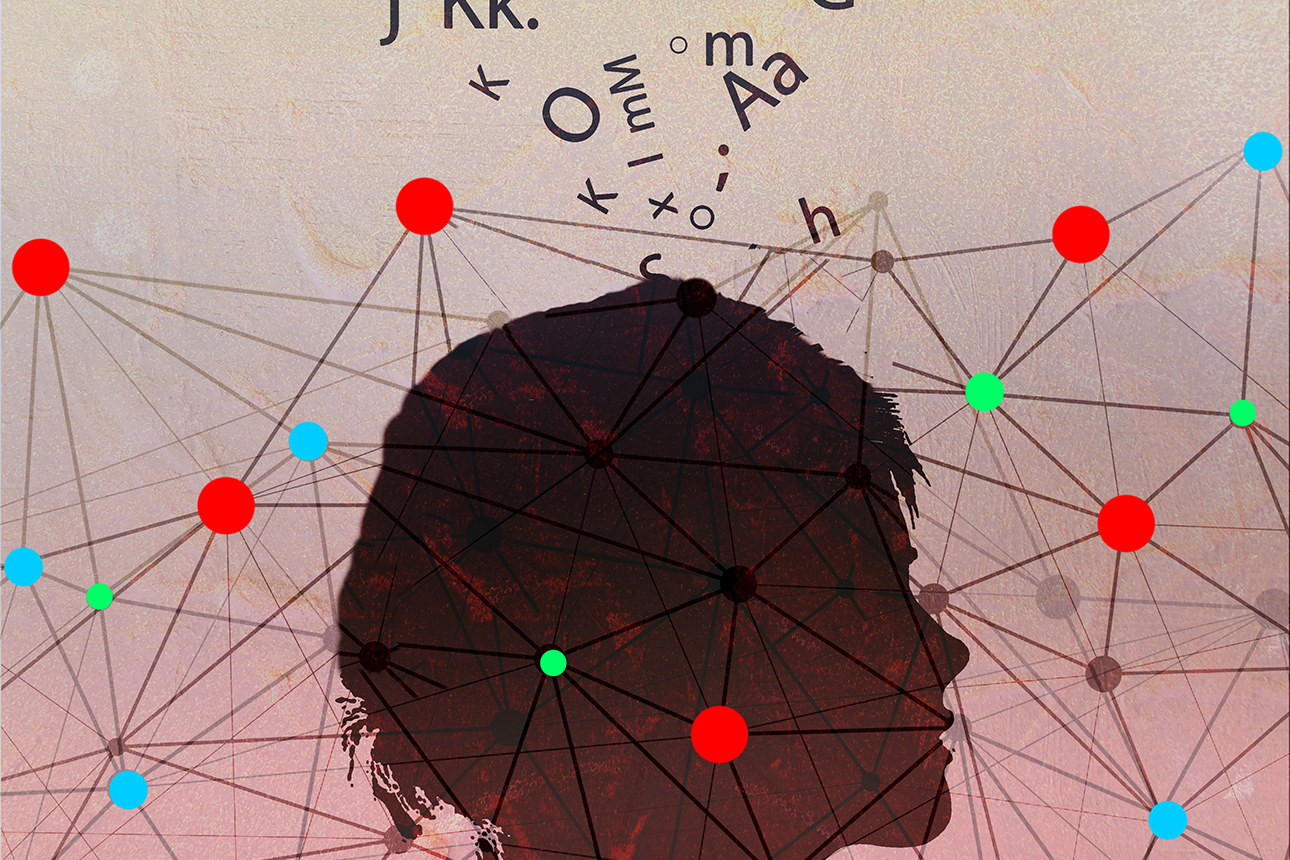The Overlooked Key to Leading Through Chaos
Managers who focus on developing sensemaking capabilities can make better decisions in a complex and unpredictable world.
Topics

Image courtesy of Gary Waters/theispot.com
Ask executives to list traits of great leaders and they will probably name vision, honesty, or the ability to execute change. Rarely mentioned is one critical capability that leaders need most in turbulent times: sensemaking, the ability to create and update maps of a complex environment in order to act more effectively in it.
Sensemaking involves pulling together disparate views to create a plausible understanding of the complexity around us and then testing that understanding to refine it or, if necessary, abandon it and start over.1 Sensemaking has been recognized as vital to the success and survival of organizations since Karl Weick introduced the term in 1979.2 It is considered essential for innovation and crucial to the development of nimble teams and organizations.3
Leaders need to know what’s happening around them in order to drive organizations forward. Today this task is harder than ever, given the ever-increasing rate of change in technology, business models, and consumer tastes — and it is now further complicated by the global pandemic and its related economic and political aftershocks. For example, sellers of food, cars, and other consumer goods that were able to quickly understand that the shift in consumer demand was not just a response to disrupted supply chains but also a diminished desire for variety were able to cut back on their offerings and experience greater efficiencies in production.4
Our research shows that sensemaking is, in fact, a predictor of leadership success. And yet few leaders model or implement sensemaking in their organizations. We also found that most executives don’t even rate sensemaking as a key attribute of a great leader. (See “The Research.”) Of the 1,395 characteristics or behaviors that executives associated with great leadership, less than 4% related to sensemaking, even though other attributes mentioned — such as being visionary or building credibility — require sensemaking in order to be executed well.
References (6)
1. D.G. Ancona, “Sensemaking: Framing and Acting in the Unknown,” in “The Handbook for Teaching Leadership: Knowing, Doing, and Being,” ed. S. Snook, N. Nohria, and R. Khurana (Thousand Oaks, California: Sage Publications, 2011), 3-20.
2. K.E. Weick, “The Social Psychology of Organizing,” 2nd ed. (Reading, Massachusetts: Addison-Wesley, 1979).




